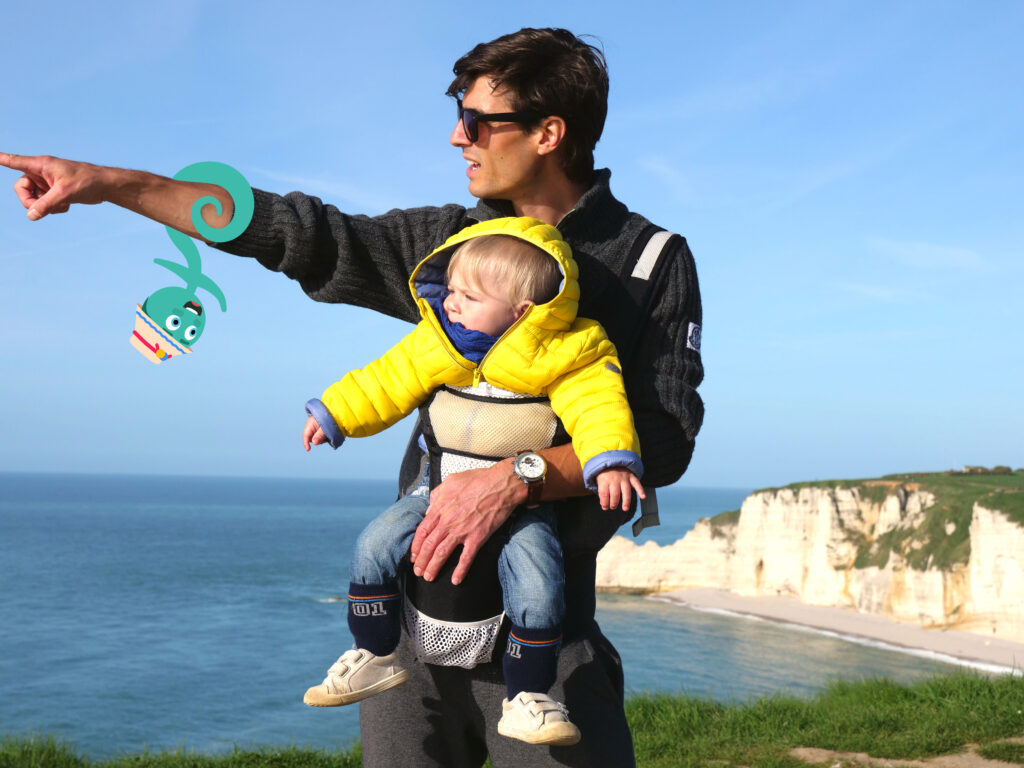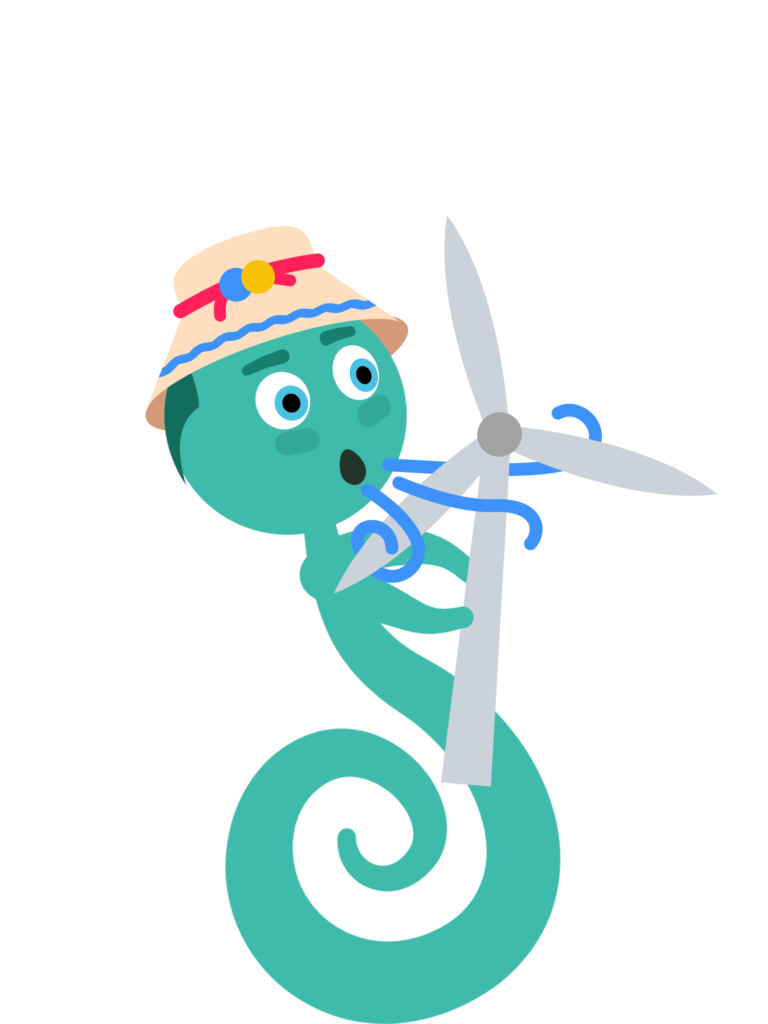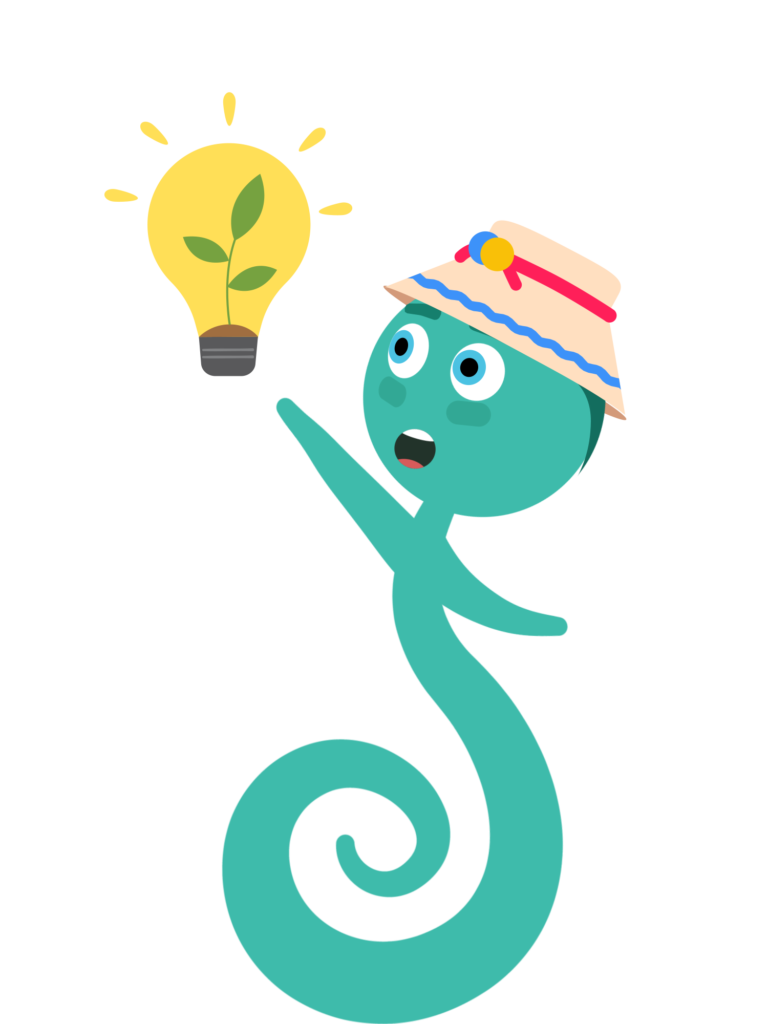Mentor Of The Month: Meet Romain!
The One Weapon That Will Save Children’s Future: Sustainable Energy Education.


Florinel: Hey! What’s up? In fact, we already know each other. Always curious to learn more. So, shoot!
Romain: Hi. My name is Romain and I am the co-founder of HOPES a young startup that helps businesses reduce their electricity costs by optimising their electricity consumption and reducing their CO2 impact. I have also worked for Tesla where I have been several times awarded as the National Product Specialist of the year. Thanks to this inspiring experience, I have developed skills about how to change the status quo – noticeably in terms of sustainable transport and green energy. So, I’ll be coming to pump up our participants’ energy. Excited to get to coach them through lots of games on how to build sustainable enrgy models, and then cement this all through filmmaking.

Florinel: Why do you think it’s important to coach children about sustainable energy?
Romain: As environmental threats increase, it’s not important, but URGENT to teach and train kids on how to care for the world and take responsability for the life they create. For the life they leave behind them. I hope to inspire children to save energy, explaining them the difference between renewable and non-renewable energy sources.
Demonstrating ways to cut back on energy use are key steps in conserving energy and improving our planet and our children’s life outcomes. And we can only do that by engaging kids early on through fun and interactive games and activities that will help kids better understand and motivate them to take consistent action in their daily life.
Non-renewable sources of energy such as gas, coal, and oil can run out. They do not regrow and they do not come back once they are gone. At least not for thousands of years. People need to save as much gas, coal, and oil as they can so that there will be enough for a long time. Conversely, renewable energy sources such as wind, water, and the sun can be replenished quickly. Our society needs to work on using more of these energy sources. Right now. If they want to get to see tomorrow. We need to be the change we want to see in the world.

Florinel: Hmm… Am I not too young to understand this?
Romain: No! You are never too young or old to learn to make this world a better place.
Look, sustainable energy solutions are more and more playing an important role in meeting the energy needs of all our lives. No matter the age, gender, culture, income.
UNICEF confirms, “little attention has been paid to the sustainable energy needs of children, despite the fact that sustainable energy solutions can provide major opportunities in terms of improving their health, education, well-being and development.”
With this workshop we want to provide a stepping stone in inspiring children – like you – to become mindful about how they consume energy and provide them some recommendations to get action and build a more sustainable environment for themselves. You know that quote: small people in small people can change the world. Thus, just imagine – if children from Bangladesh, Burundi and Uganda would be taught about innovative sustainable energy solutions – what a meaningful impact that would have on their lives. On all our lives. On the planet overall.
HOPES together with you will be committed to take a stand and engage in policy advocacy and initiatives like this upcoming workshop to provide sustainable energy solutions and appropriate coaching for children, especially for those from more vulnerable contexts. But it’s a process, and all of us – private sector, households, and academia – all have a moral responsabilty to give children the tools to have a voice within this transformation process, save themselves and get out of the misery created by mankind’s ignorance.

Florinel: I see. I can’t wait for that workshop. Tell me, what will the kids have learned by the end of your workshop?
Romain: Sure. Here’s what they’ll learn.
- – The difference between alternative energy resources – renewable and non-renewable energy
- – Understanding of Wind, Solar and Hydro Powered models that are all operational. So they will hands-on experiment, compare and contrast the power and efficiency of these energy resources.
- – Hands-on learning to build renewable energy models which conserve energy and by the way, we’ll have a little bit of maths
- – Fun and playful ways to cut back on energy use
- – Finally – Why it’s important to be mindful about sustainable energy and do all of the above on a daily basis

Florinel: One more thing: who is the little guy you’re carrying around? Is he bored?
Florinel: That’s my son. He’s not bored. Just like with you, that’s the effect of air pollution – making people tired, risking their health. I am trying to embed appropriate environmentally friendly values into his everyday behaviour. But all of this won’t be possible if we continue to live in a toxic environment. If we continue to consume the way we do today, then our mother nature – forests, oceans, weather systems – and our own health and well-being will collapse. We have to avoid this for ourselves. For our children to get to live in a healthy environment. We need to be the leaders we so often expect our children to become. Right now!